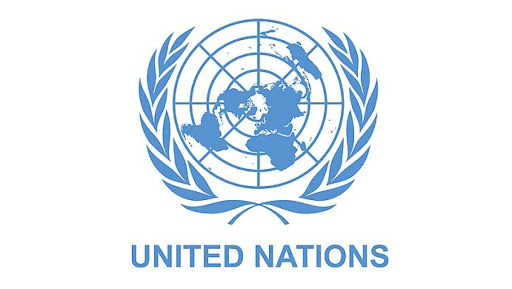The Trump administration has cut off Harvard University from receiving any new federal research grants, escalating a high-stakes clash over the Ivy League institution’s handling of campus protests, academic governance, and antisemitism. In a letter addressed to Harvard President Alan Garber, Education Secretary Linda McMahon accused the university of “repeated violations of its legal obligations” and declared it ineligible for future publicly funded research until it complies with a list of sweeping federal demands.
While student financial aid and federal loans remain unaffected, the freeze places over $1 billion in annual research funding at risk and has already halted $2.2 billion in existing multi-year grants. The White House move marks a major escalation in its months-long campaign to reshape higher education policies and increase federal oversight of elite universities.
Broad Federal Demands
At the heart of the administration’s demands are far-reaching institutional changes. These include the elimination of diversity, equity, and inclusion (DEI) programmes, stricter enforcement of protest policies, mandatory merit-based admissions and hiring, and a push for greater ideological diversity among faculty. The White House is also pressing Harvard to overhaul its international student program, requiring the university to flag any foreign students deemed to have breached codes of conduct or expressed anti-American views.
A senior administration official said Harvard must show evidence of "competent and accountable leadership" and begin negotiations to resolve several civil rights investigations launched earlier this year. The administration has also warned it may revoke Harvard's tax-exempt status and bar it from enrolling international students unless its conditions are met.
Harvard Pushes Back
President Garber has firmly rejected the demands, arguing that they threaten the core principles of academic freedom and institutional independence. “No administration—Democrat or Republican—should dictate what a private university teaches, whom it admits or hires, or what research it pursues,” he said. In response, Harvard has filed a lawsuit, calling the funding freeze "arbitrary and capricious" and a violation of the university’s First Amendment rights.
Although Harvard maintains a $53 billion endowment, federal research funding constitutes more than 10% of its annual revenue, underlining the financial stakes of the standoff.
Origins of the Feud
The conflict began in January 2025, when President Trump signed an executive order directing federal agencies to take stronger action against antisemitism on college campuses. That order triggered a series of investigations by the Departments of Justice and Education. In March, Harvard was formally placed under review, and by April, it faced a detailed set of reform demands, including the dismantling of DEI initiatives and a revamp of admissions and foreign student policies.
Harvard refused to comply, denouncing the requirements as unconstitutional. The administration responded by freezing $2.2 billion in research grants and, on May 6, formally cut the university off from any new funding. Secretary McMahon accused Harvard of neglecting its duty to safeguard Jewish students and uphold academic standards.
A Flashpoint in the National Debate
The clash has quickly become a defining episode in the broader culture war over the direction of American higher education. While the White House argues that elite institutions have become ideologically imbalanced and unaccountable, critics say the administration is using federal funding to impose political control over academia.
Whether a compromise is reached remains to be seen. Until then, Harvard faces exclusion from the federal research ecosystem, and its legal challenge could set the stage for a landmark battle over the limits of government influence on private universities.




